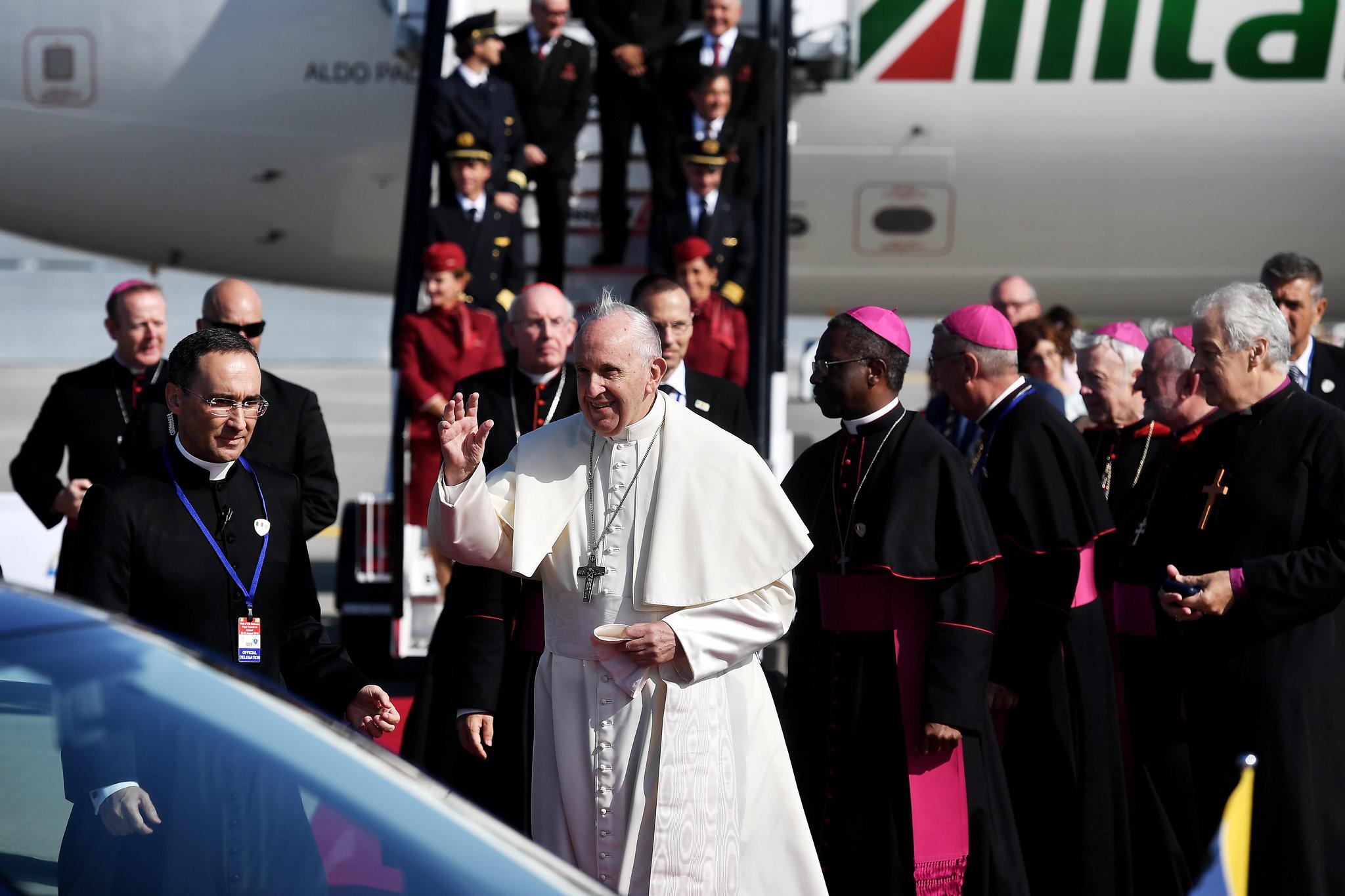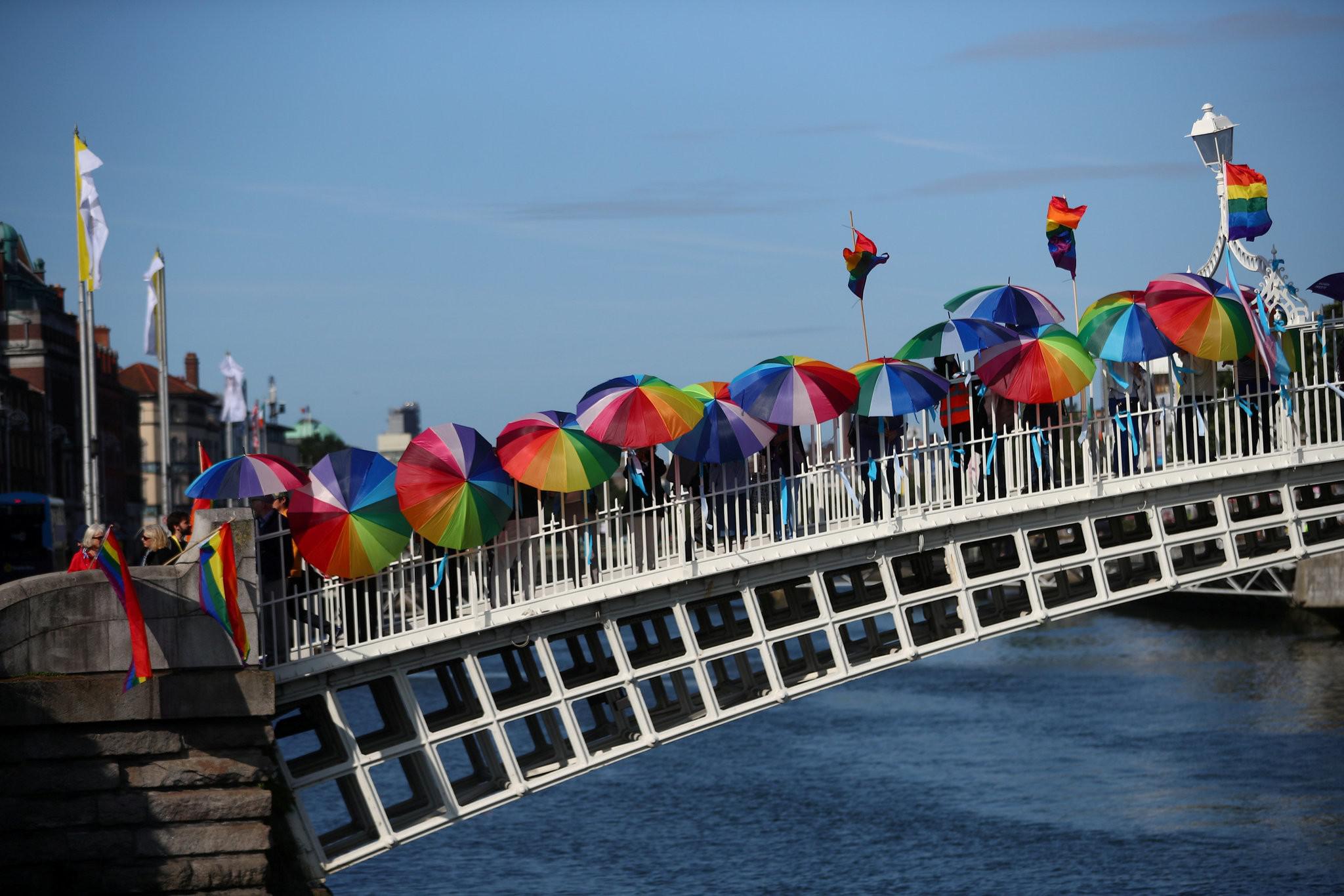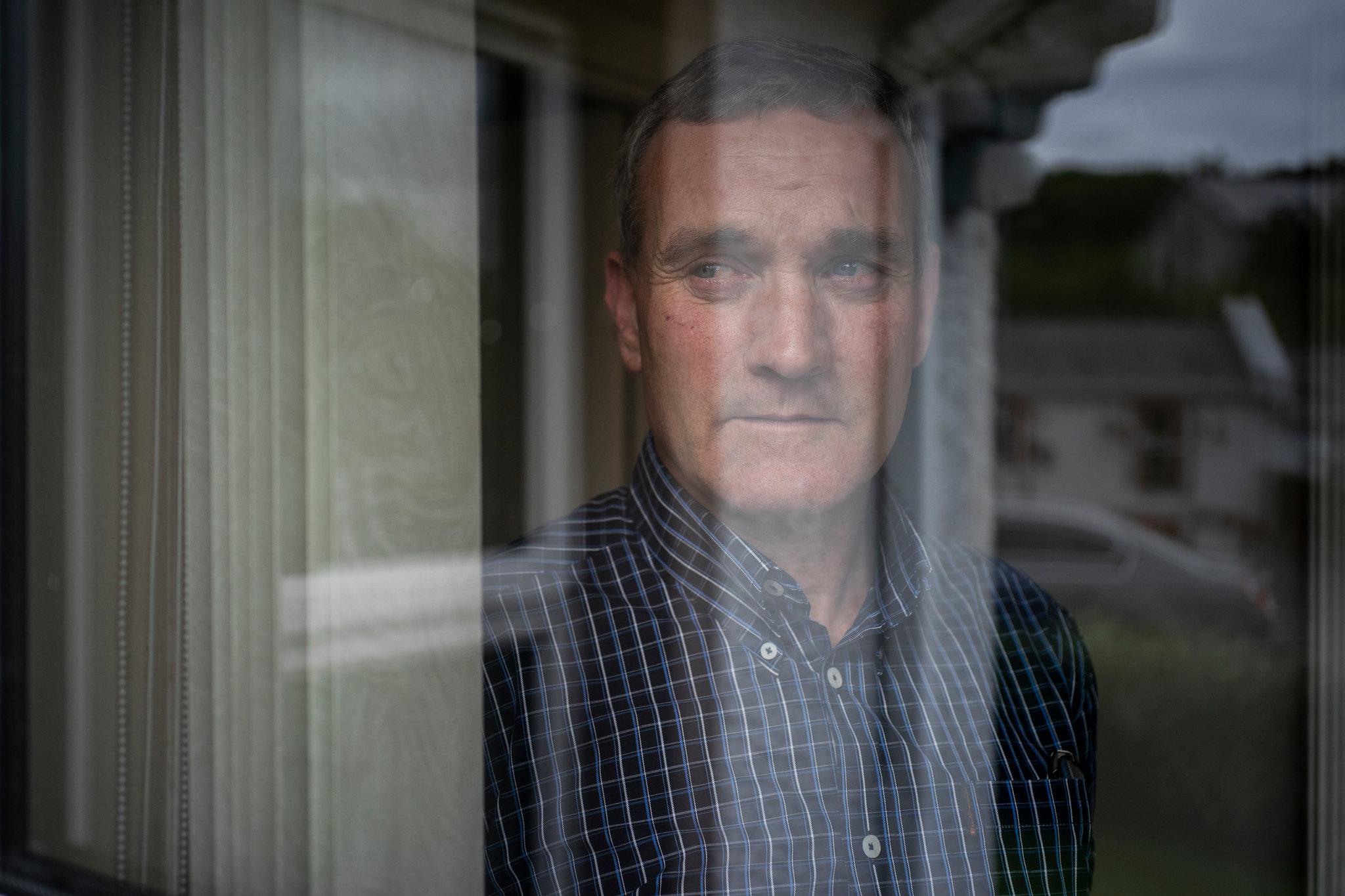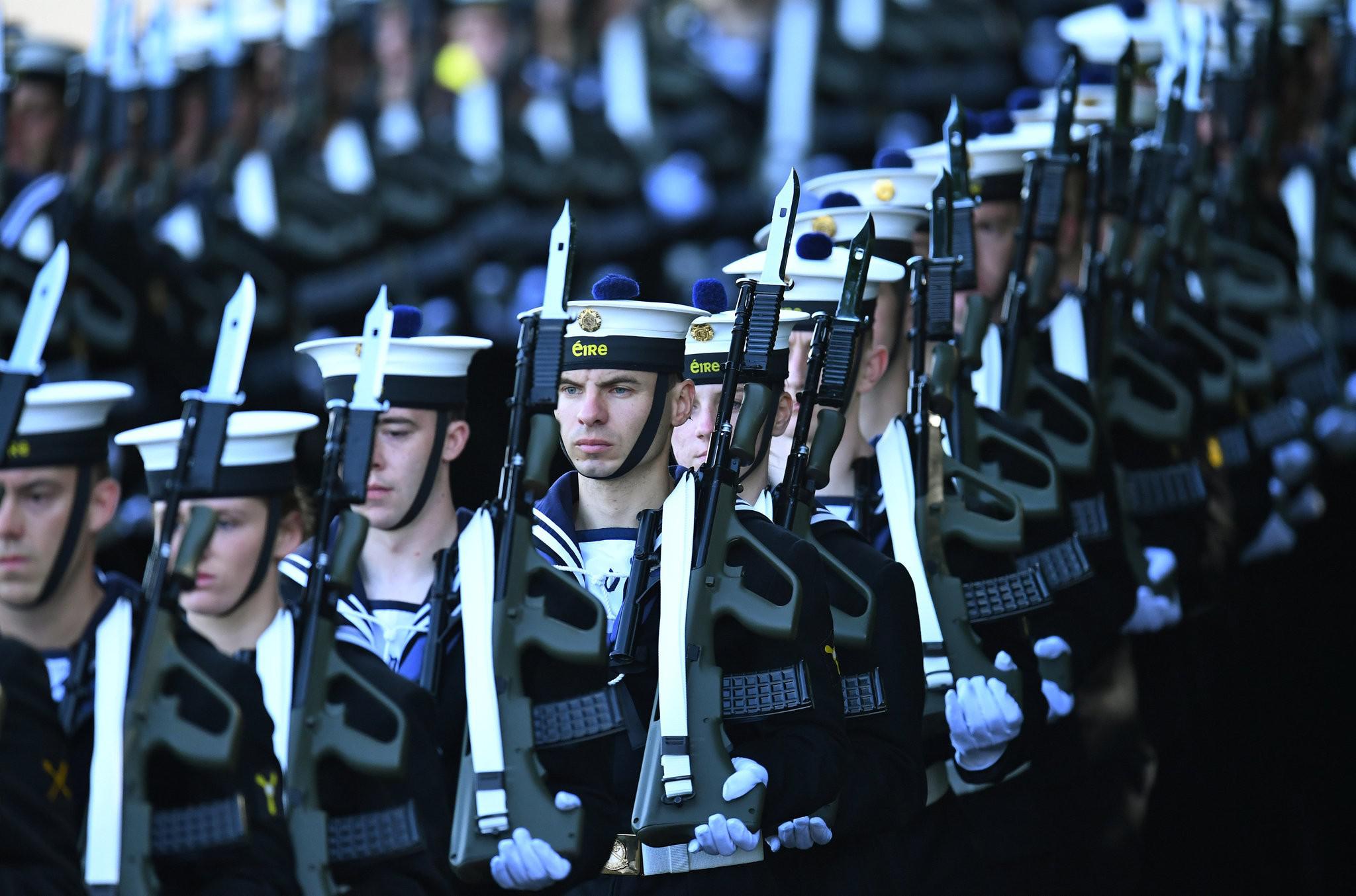|
Pope Francis Returns to a Country Transformed and a Church in Tatters
By Jason Horowitz
Nearly 40 years since the last papal visit to Ireland, Pope Francis arrived on Saturday to a transformed country where the once-mighty Roman Catholic Church is in tatters, its authority buffeted by deepening secularization and a global sex abuse crisis challenging Francis’ papacy. As recently as a few weeks ago, the pope’s visit to Ireland mostly promised an awkward encounter in an estranged relationship. Since the last papal visit — by John Paul II in 1979 — Ireland, once a cornerstone of the church, has abandoned its teachings by legalizing divorce and gay marriage. The country now has a gay prime minister, and just a few months ago voted to lift a ban on abortion. But recent revelations in the United States and Chile of the institutional covering-up of sexual abuse by clerics have lent sudden urgency to the pope’s visit, where he will speak at the church’s ninth World Meeting of Families. The issue now threatens to overshadow the visit by Francis, who has struggled to grasp the enormity of the scourge throughout his papacy. Catholics worldwide wait to see whether he would use Ireland, with its own painful history of abuse, as a symbolic stage upon which to announce concrete measures to combat a crisis that threatens the future of his church. It was not clear how far he would go. Instead, the pope offered expressions of regret and anger on Saturday at Dublin Castle, where he met with Prime Minister Leo Varadkar, who is gay and called on Francis to take action on the “legacy of pain and suffering” in Ireland. He called the pope’s visit “an opportunity” to demonstrate that things are going to change. “With regard to the most vulnerable, I cannot fail to acknowledge the grave scandal caused in Ireland by the abuse of young people by members of the Church charged with responsibility for their protection and education,” Francis said. “The failure of ecclesiastical authorities — bishops, religious superiors, priests and others — adequately to address these repugnant crimes has rightly given rise to outrage, and remains a source of pain and shame for the Catholic community,” the pope added. “I myself share those sentiments.” Speaking in front of advocates for abuse survivors who have criticized him for not doing enough, Francis went on to cite the outrage expressed in a 2010 letter by his predecessor, Pope Benedict XVI, and the measures Benedict had demanded. “His frank and decisive intervention continues to serve as an incentive for the efforts of the Church’s leadership both to remedy past mistakes and to adopt stringent norms meant to ensure that they do not happen again,” Francis said, adding that in his letter this month to all Catholics, “I reiterated this commitment, or rather, a greater commitment to eliminating this scourge in the church — at whatever cost.” The shadow cast by the scandals now reaches beyond Ireland and to the heart of the Vatican, where it threatens to darken the legacy and remaining influence of Pope Francis. Well into his fifth year as pope, Francis has focused on championing migrants, the poor and the disenfranchised, all the while shifting the church’s emphasis away from divisive issues social issues such as abortion and toward a more inclusive, pastoral style. That mission is imperiled by his slow response to a scandal that some of his top advisers argue is the central issue facing the church. For decades, the Vatican’s top officials covered up abuse. It took the explosion of the first sex abuse crisis in the United States in the early 2000s to get the church to pay attention. Pope Benedict XVI eventually began ridding the church of what he called the “filth” of abusive priests, but an attitude of denial pervaded in the Vatican, where many considered the scandal the invention of an aggressive and anti-Catholic media. By the time Francis was elected in 2013, many officials had come to acknowledge the scandal for the global and institutional threat that it was, though many more considered the problem solved by new vetting procedures. Francis instead promised to tackle what many advocates consider the heart of the issue by insisting on accountability for the bishops in the hierarchy who covered up abuse. But talk of special tribunals for bishops and other tough, centralized measures evaporated, and advocates grew so disillusioned with pope’s lack of action that some quit his pontifical commissions in protest. Francis, who this month apologized for the church’s “delayed” response to the crisis, himself came late to it. It was only in January, amid the uproar over his reflexively believing a Chilean bishop and his doubting of Chilean survivors, that Francis has begun to act more decisively, sending investigators, accepting resignations of top Chilean bishops and promising victims that there would be further measures. But more cases of abuse and cover-up keep coming to light. The more than 1,000 cases of abuse discovered over 70 years in Pennsylvania, the accusations against Theodore E. McCarrick, the former cardinal of Washington, and the cover-ups of abuse in Chile have all cast a pall over the pope’s busy schedule and the triennial world meeting. Cardinal Donald Wuerl of Washington withdrew as the keynote speaker at the World Meeting of Families to face accusations that he covered up for abusive clergy when he was the bishop of Pittsburgh decades ago. Cardinal Sean P. O’Malley of Boston, who is the president of the Vatican’s Commission for the Protection of Minors, canceled an appearance to address accusations of widespread sexual impropriety at the seminary of his archdiocese and his failure to heed warnings about former Cardinal McCarrick. In Ireland, the question is less whether Francis will broach sexual abuse — the Vatican has said that he will meet with abuse survivors, and he is certain to address the issue — than whether he will take new action. Expectations are high among sex abuse survivors and their advocates that the pope will find time in his 36 hours in the country to announce historic measures that would show, rather than promise, that the church is serious about the issue. Before the trip, Francis made it clear that he viewed the secrecy, ambition and self-preservation that came with a culture of clericalism — priests putting themselves above their parishioners — as the root cause of the crime. For years, he has scorned priests who raise themselves as unreachable elites invested with authority, infantilizing laymen in a vicious cycle. “To say ‘no’ to abuse is to say an emphatic ‘no’ to all forms of clericalism,” Francis wrote in a remarkable letter of apology to all Catholics last week. “The actions of the church do not match the words,” Marie Collins, a former member of the Pontifical Commission for the Protection of Minors said at the world meeting’s panel on safeguarding children. “And in fact they are totally opposite.” She called the pope’s speech “disappointing — nothing new.” Others said the situation was even worse outside the United States, Ireland and a few other countries and urged the pope to do something. “Words are sweet,” said another panelist, Gabriel Dy-Liacco, a Filipino psychologist who sits on the pope’s commission, “but love means deeds.” On Saturday, Mr. Varadkar, speaking on stage feet from the pope, gave the forceful criticism of the church’s sins that many wish the pope would deliver. “In place of Christian charity, forgiveness and compassion, far too often there was judgment, severity and cruelty, in particular, towards women and children and those on the margins,” he said, citing “stains” such as child abuse, illegal adoptions, forced labor and other sins. “People kept in dark corners, behind closed doors, cries for help that went unheard.” He continued, “Holy Father, we ask that you use your office and influence to ensure this is done here in Ireland and also around the world,” recalling the pope had called for “zero tolerance” against child abusers. Advocates, church officials and some clerics have articulated a wish list of what should happen. Among the demands are that each church diocese publish the names of abusive priests and hand over church records to civil law enforcement instead of fighting subpoenas. Some have urged working with courts to aid, rather than hinder, prosecutions of abusive priests and ceasing efforts to indemnify the church from financial penalties. Others have called for the enshrining of zero-tolerance policies into the church’s canon law so that it can be enforced globally, not only in specific countries. As the sex abuse scandal exploded once again before the pope’s trip, a fierce debate about those contributing factors raged in Catholic journals and across churches. But the one factor many seemed to agree on is that clericalism, from the seminaries to the top of the hierarchy, is insidious. On Friday in Dublin, Blase Cupich, the archbishop of Chicago, who has blamed a “clerical culture” for the abuse, began a panel he moderated on “The Dignity and Beauty of Sexual Love: Finding New Language for Ancient Truths,” by lamenting “the woeful responses of bishops who failed to protect” abuse survivors. Ireland knows the ravages of clericalism first hand, from its sex abuse scandals to forcing the adoption of the children of unwed mothers to many other exploitations of what was for decades authoritarian power. The abuses the clergy committed, and their tendency to seek exaltation by parishioners instead of humbly serving and accompanying them through troubles cost the church a country where it once had more than 90 percent attendance at mass. Now it has about 30 percent. But if Francis decides to make a bold policy change to protect his surviving flock around the world from the same threat, Ireland gives him a compelling backdrop from which to do so. “It is my hope,” the pope said on Saturday, “that the gravity of the abuse scandals, which have cast light on the failings of many, will serve to emphasize the importance of the protection of minors and vulnerable adults on the part of society as a whole.”
|
.
Any original material on these pages is copyright © BishopAccountability.org 2004. Reproduce freely with attribution.



